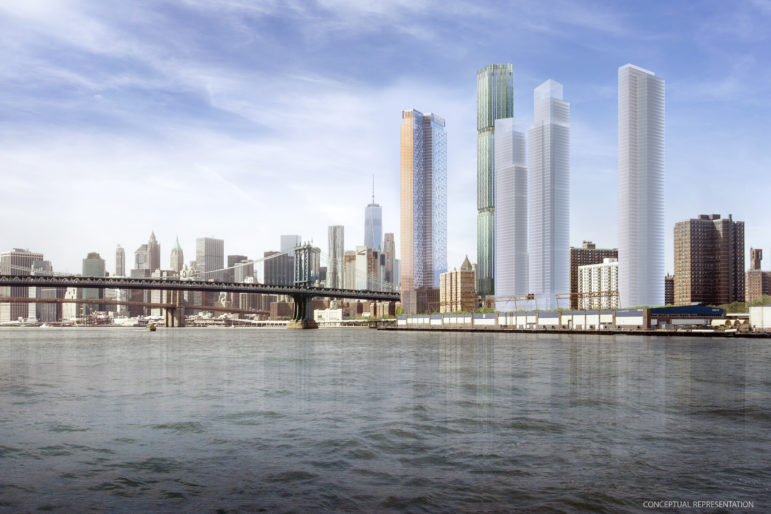
A state judge on Monday ruled for a second time against the de Blasio administration’s approval of plans to build four skyscrapers along the East River in Manhattan’s Two Bridges neighborhood.
Supreme Court Judge Arthur Engoron nullified the City Planning Commission’s 2018 approval of the three separate development projects, which were linked together for an environmental review.
Engoron ruled (read his decision below) that the neighborhood organizations that brought the suit—Lower East Side Organized Neighbors, Chinese Staff & Workers Association, Youth Against Displacement and National Mobilization Against Sweatshops—were right in arguing that the city had failed to abide by zoning rules governing “large-scale residential districts” like Two Bridges.
“We didn’t listen to the politicians whose pockets are lined with real estate money,” Zishun Ning, a member of Lower East Side Organized Neighbors, said in a statement. “We came together and demand no towers, no compromise. And through our work, our organizing, and our unity, we have stopped these towers and the massive displacement they would have brought to our community.”
The projects include a 1,008-foot rental tower at 247 Cherry Street by JDS Development Group, a 798-foot dual-tower project at 260 South Street by L+M Development Partners and CIM Group, and a 730-foot building at 259 Clinton Street by Starrett Corporation. According to environmental review documents, the four towers would bring in 11,000 square feet for retail and over 2,700 new residential units to the area; 25 percent of those units will be affordable, and 200 of those 690 affordable units would be set aside for seniors
In August, Engoron sided with the City Council and the Manhattan Borough President, on different grounds: that the city had improperly bypassed the Uniform Land Use Review Procedure in okaying the Two Bridges buildings. The city is appealing that ruling.
Asked about the latest ruling, Law Department spokesman Nick Paolucci told City Limits, “We are evaluating next steps including whether to appeal this decision. We’re confident the court will recognize that the city fully complied with the zoning law and will allow this important project to move forward.”
Monday’s ruling is one of several court decisions in recent months that have thrown a wrench into the de Blasio administration’s development plans. Earlier this month one judge ruled to temporarily block a proposed tower overlooking the Brooklyn Botanic Garden, while another ordered a controversial Upper West Side building to be substantially redesigned. In December a judge annulled the city’s 2018 Inwood rezoning.
“This is an amazing victory and it comes on the tails of victories across the city. From the [Inwood] rezoning to the tower planned to shadow the Brooklyn Botanical Garden, the people are taking the City to court, and we are winning,” Tony Quey Lin, a plaintiff of the Lower East Side Organized Neighbors lawsuit, said in a statement.
Engoron’s decision actually rejected three of the plaintiffs arguments.
He said that it was too early to evaluate a complaint that one of the developments violated a deed restriction requiring that housing be for seniors and the disabled. Deeming the argument speculative, Engoron also rebuffed the argument that some of the proposed Two Bridges buildings included mechanical voids that they city might be moving to prohibit. And while he endorsed the plaintiffs concern that the Two Bridges development would result in far more residential displacement than the official environmental review estimated, the judge acknowledged that the city had significant latitude to calibrate those assessments.
However, the judge sided with plaintiffs on the critical question of whether the administration was required to establish that the new development met a set of conditions—or “findings”–embedded in legal language about the large-scale residential development established in the neighborhood in 1972.
He ruled that the city was, in fact, obligated to determine that the new buildings wouldn’t adversely change the bulk of development in the area, access to light and air, the use of open space and other considerations. Engoron’s order directs the Planning Commission to go back and make the findings.
“We of course disagree with the court’s ruling, as these projects were lawfully approved, met all legal requirements, and are in compliance with zoning that’s been in place for more than 30 years. Together, they will deliver one of the largest single infusions of new affordable housing to Manhattan in decades, at a time when the creation of all types of housing is critical to slowing rent growth citywide,” said James Yolles, a spokesman for the developers. “The projects were proposed after years of community consultation and environmental analysis, and would include investments of $40 million in upgrades to the East Broadway subway station that will make it ADA-accessible for the first time, $12.5 million in essential repairs to the nearby NYCHA complex and $15 million in upgrades to three public parks in the neighborhood. We will appeal this decision in the near future.”



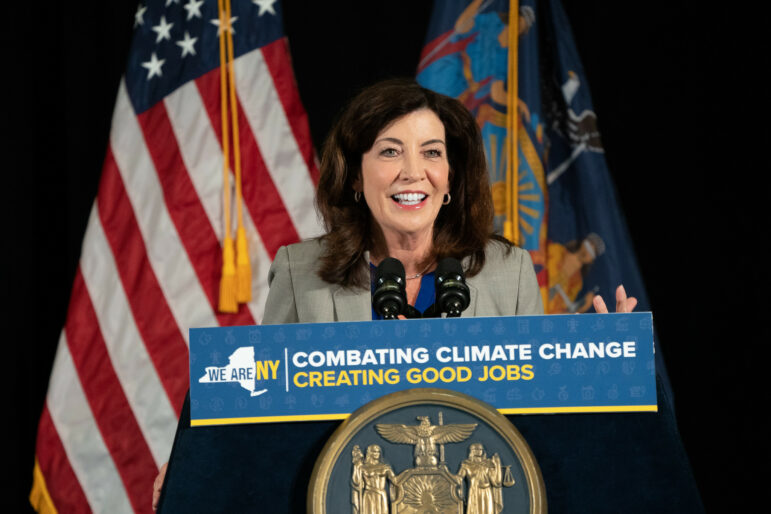

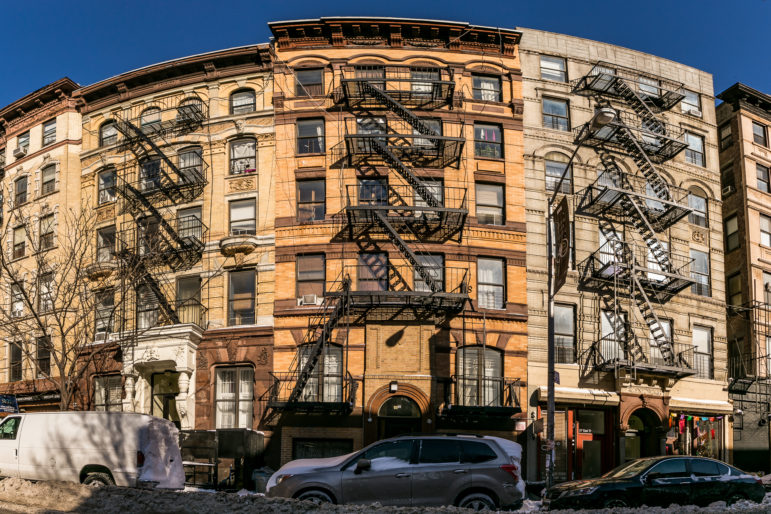
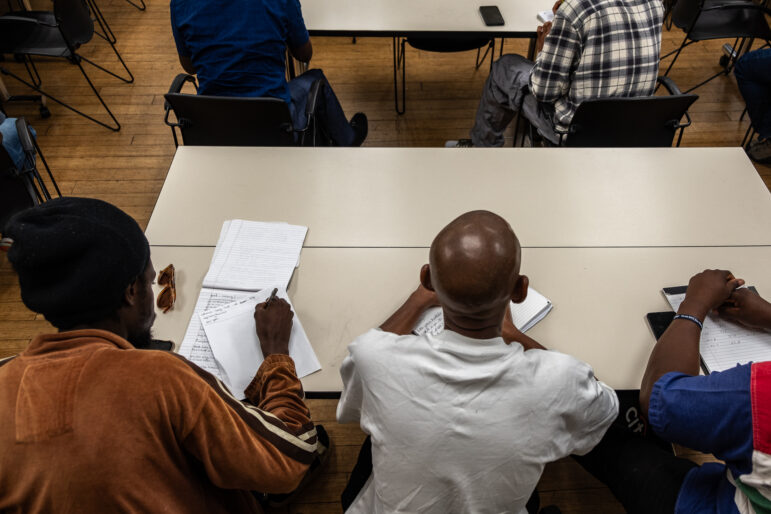
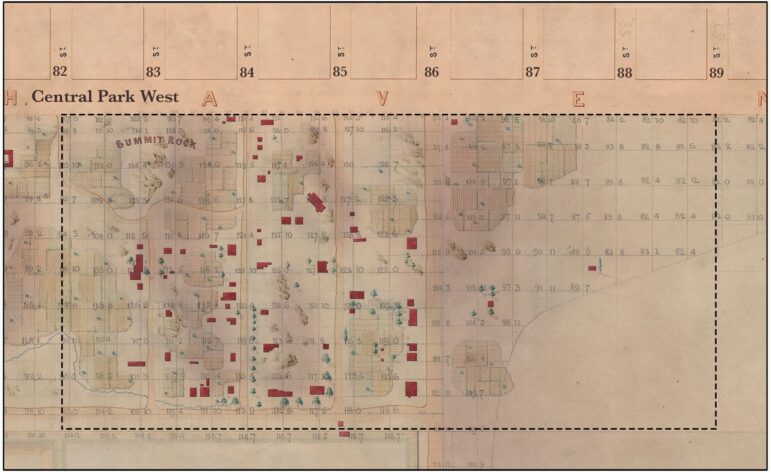


3 thoughts on “A Second Ruling Against City’s Approval of Two Bridges Skyscrapers”
If the people against building skyscraper buildings that are what Manhattan is all about then maybe they should move back to China
Right. Because if someone disagrees with something, they should have to move to a different country. And because everyone in the neighborhood is Chinese. And because there are no skyscrapers in China.
https://web.archive.org/web/20070418101604/http://www.emporis.com/en/wm/ci/bu/sk/?id=100213
How much are rents in the “affordable” units? L+M specializes in below-market housing development, so I’d imagine they’d at least include some units at prices far below market rate.